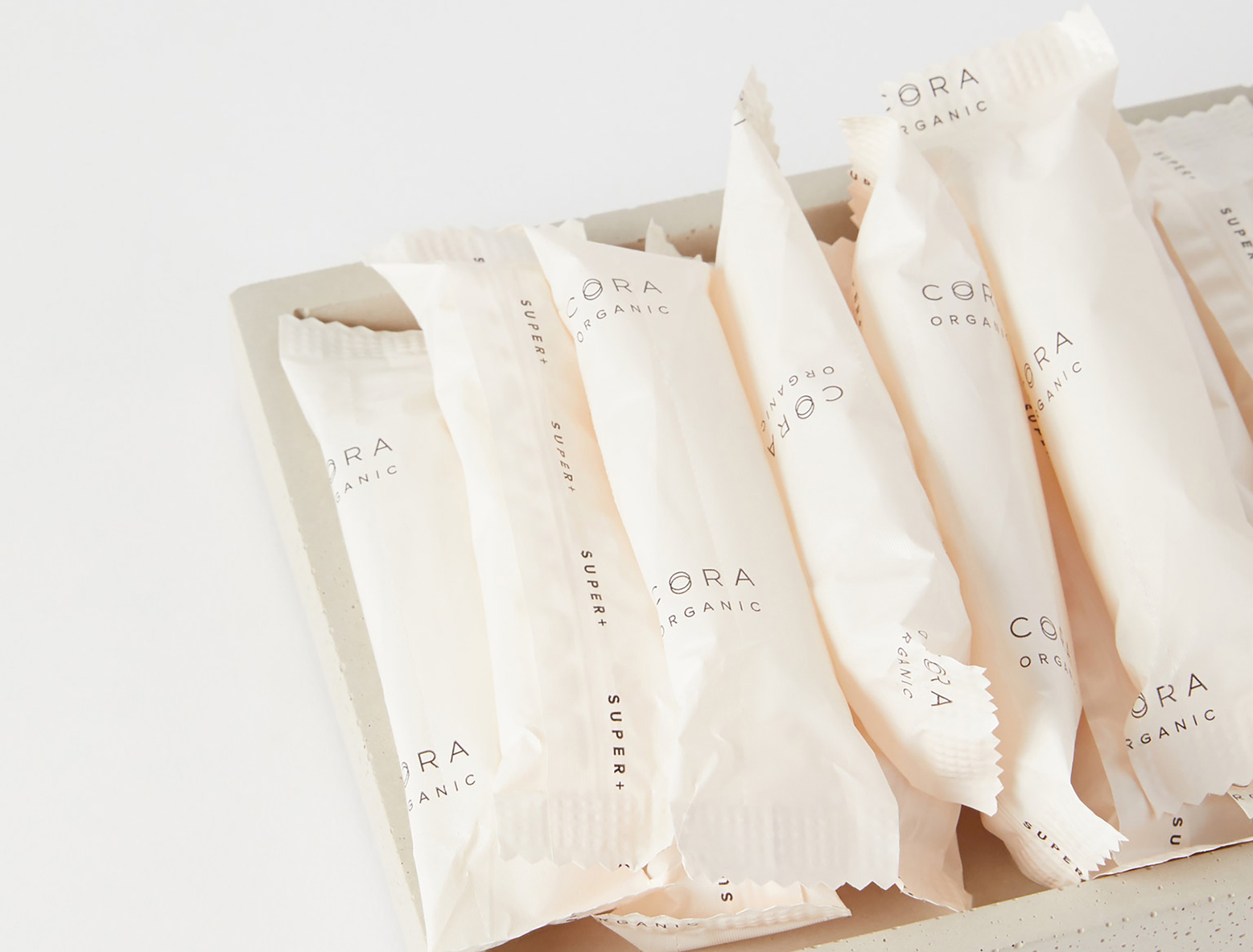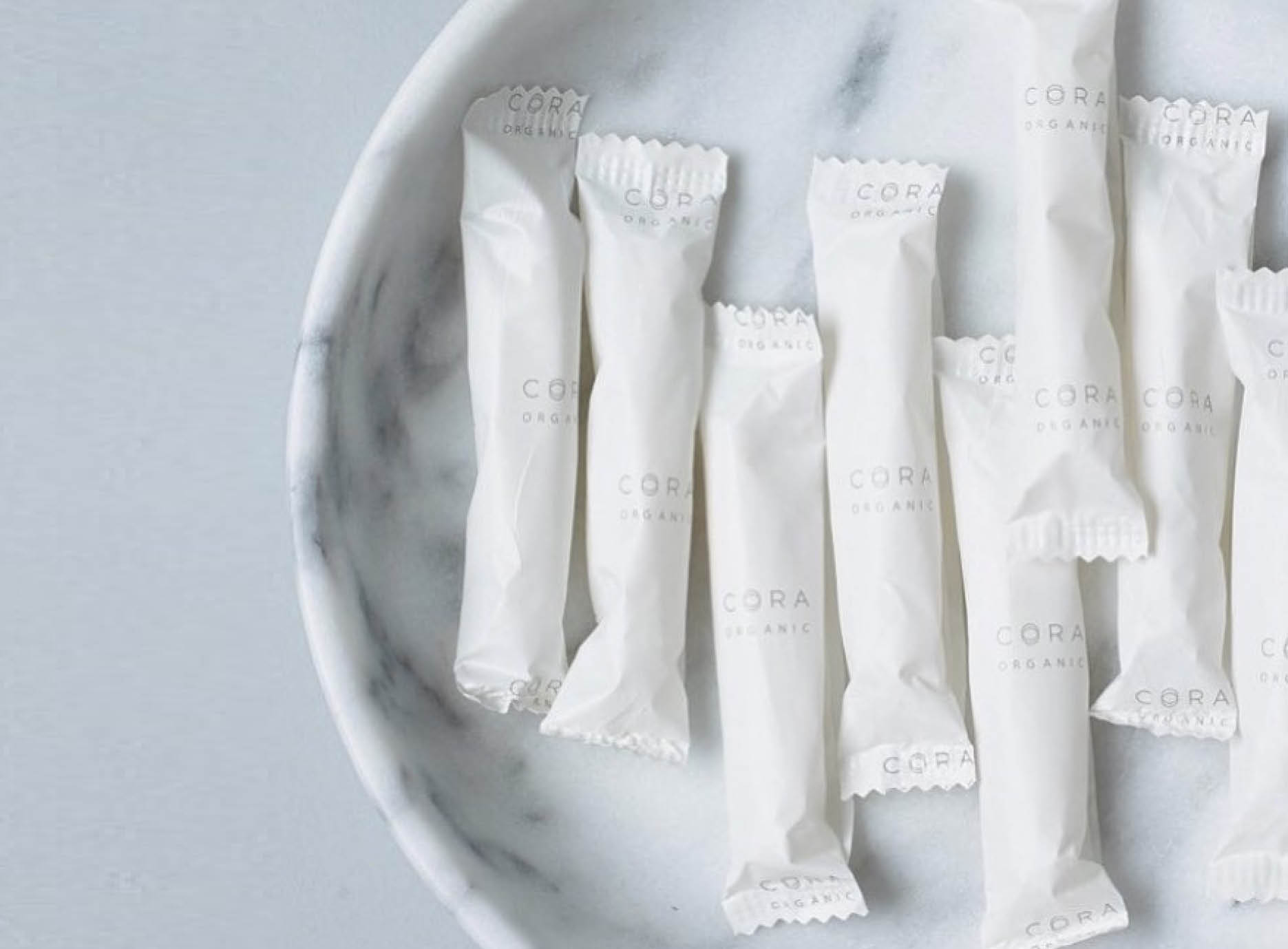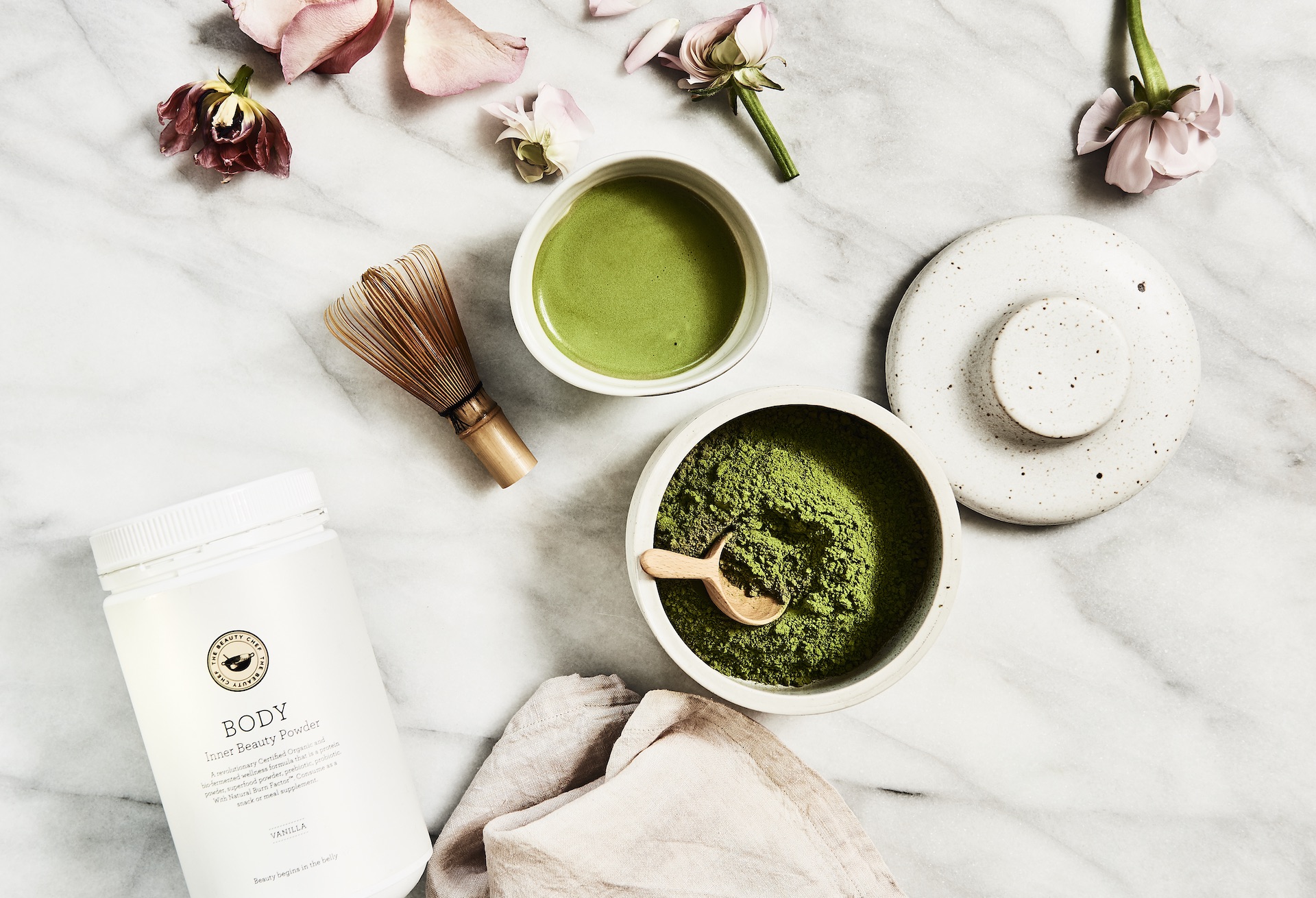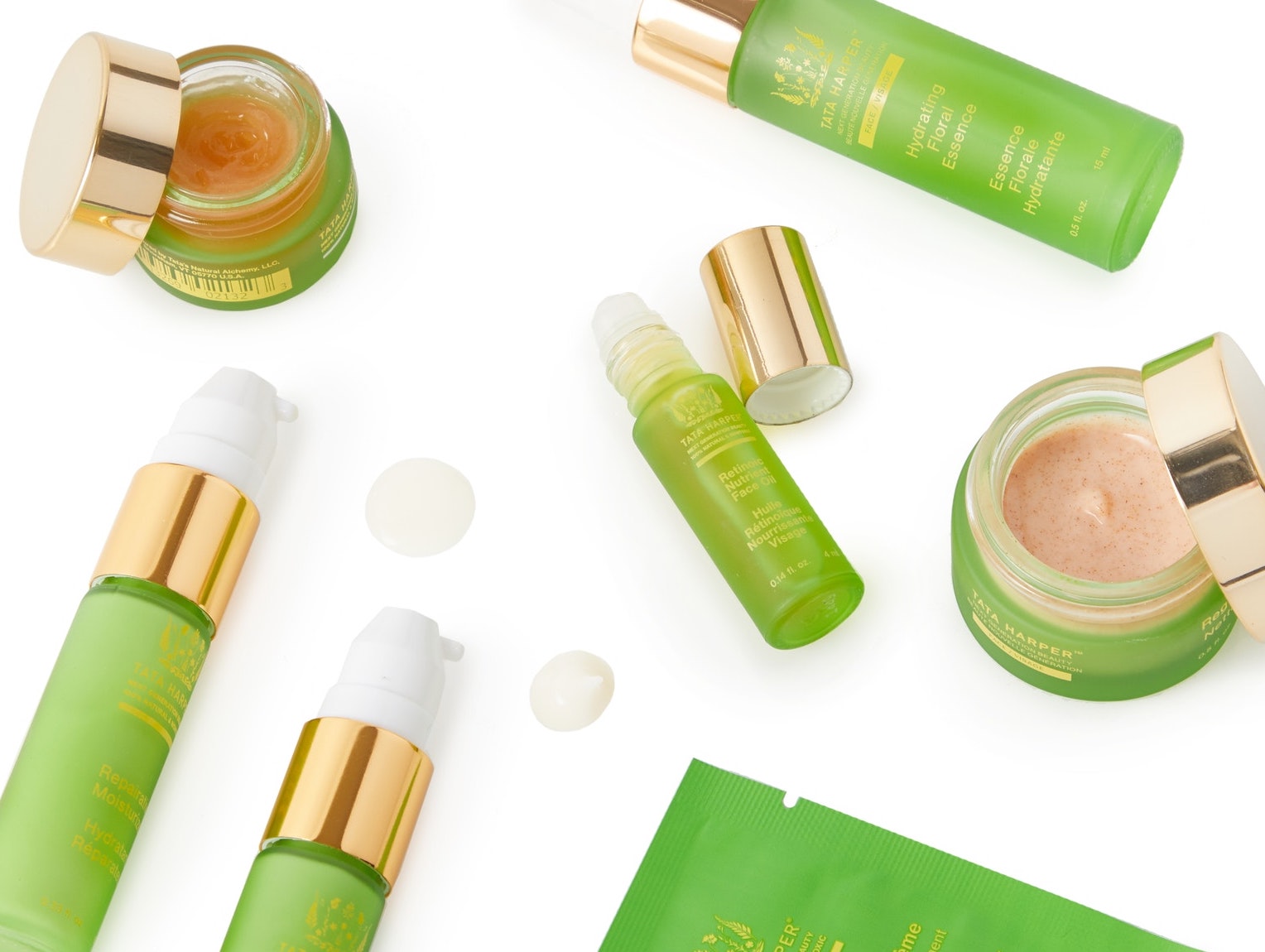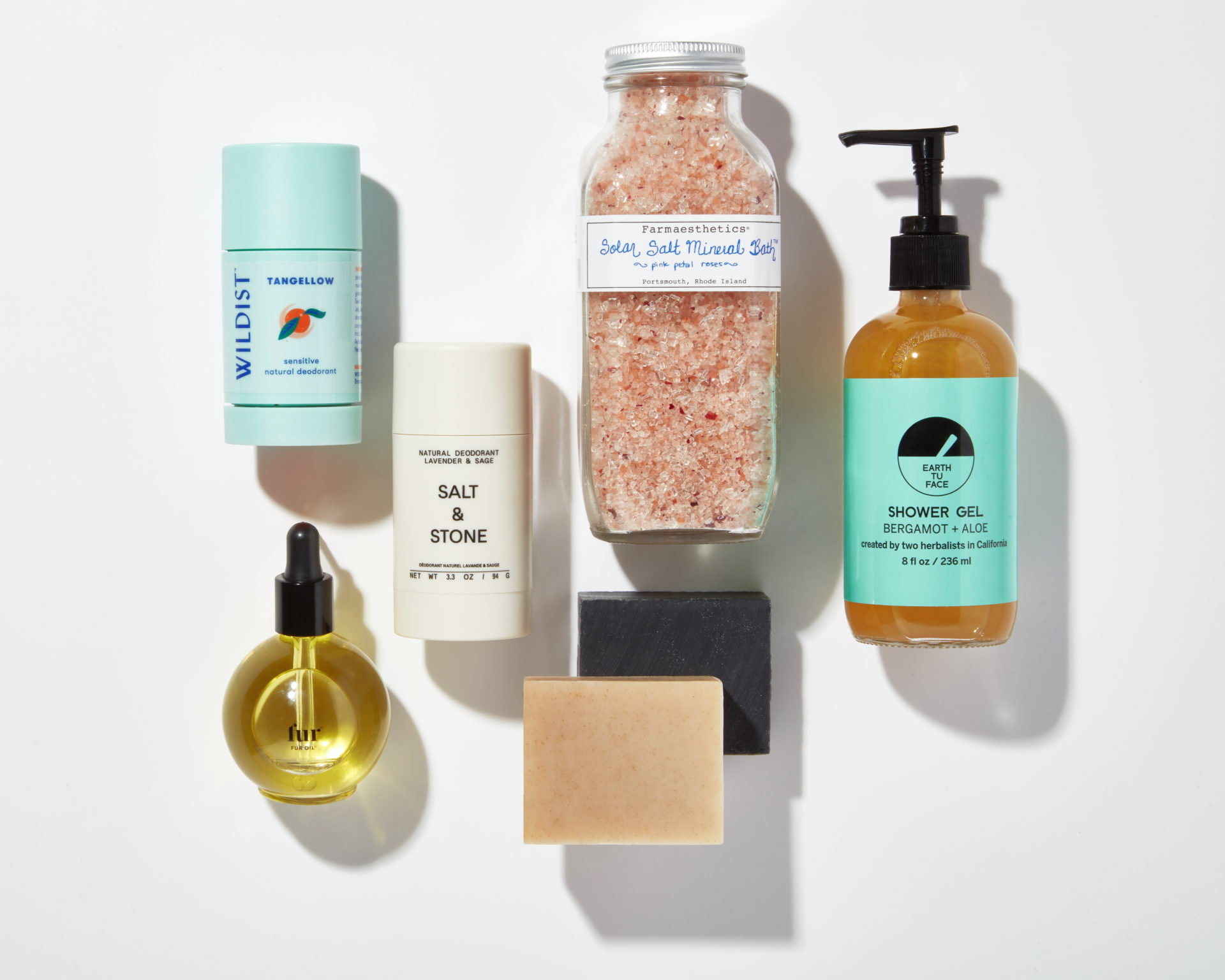You use them every month, but have you ever really considered what your tampons are made of? People have been using them for years, so you’ve probably always just assumed they were safe. But as we start to think more and more about what we’re putting in and on our bodies, it makes sense to think about our tampons too.
Some recent concerns about feminine hygiene materials have convinced women to start buying organic tampons. Considering making the switch yourself? We found out all you need to know about organic tampons and why you should use them.
What Are Organic Tampons?
Regular tampons are a mix of cotton and rayon. Rayon is a synthetic fiber made from bleached wood pulp, which, yeah, sounds like an unpleasant thing to have in your vagina. Since the cotton in regular tampons comes from traditional farming, it can contain trace amounts of pesticides, while the rayon sometimes contains a tiny bit of dioxin (spoiler alert: That’s not good).
Organic tampons are made of 100% organically farmed cotton. That’s it. Already, you’re putting fewer ingredients in your body and avoiding some of the chemicals that come from traditional period products.
Why Use Organic Tampons
Dioxins are the primary reason so many people are switching to organic cotton tampons. They’re made when rayon gets bleached, and the World Health Organization classifies them as highly toxic.
If you’ve been using traditional tampons, don’t freak out. One study found that dioxin exposure from tampons was incredibly low, so you’re probably okay. But if you want to avoid the toxin completely, organic tampons are the way to go.
With traditional tampons, you also are at risk of being exposed to pesticides. Many experts say that the amount of pesticides on tampons is incredibly low, and the FDA stands by the fact that all tampons on the market are safe for monthly use. But with organic tampons, you have zero risk of pesticides, bleaching or chemicals. Sometimes, it just feels better to be safe than sorry.
Outside of any chemical concerns, organic tampons are much better for the environment than their traditional counterparts. By purchasing organic cotton tampons, you support organic farming. The more we support organic farms, the more organic products get produced, and we eventually get a world with fewer chemicals and pesticides. It may be a small way to support the environment, but every little bit counts.
Do Organic Tampons Prevent Toxic Shock Syndrome?
Unfortunately, no. Though some super-absorbent tampons can increase the likelihood of toxic shock syndrome (TSS), the type of tampon isn’t really the problem. Toxic shock occurs from a bacterial overgrowth, often caused by leaving a tampon in too long. Sadly, if you leave an organic tampon in for too long, you’ll still have a chance of developing toxic shock.
Thankfully, by changing your tampon every four to eight hours, you greatly reduce your chances for TSS. Even if you’re going organic, use a tampon with the lowest absorbency (using higher absorbency for a heavier flow is fine) and change it out every few hours.
Or, you could try switching to a menstrual cup. Menstrual cups are reusable, silicone vessels that you insert much the same way you would a tampon. But unlike tampons, menstrual cups are sustainable. The best ones last for years and are completely free of toxins.

Where to Buy Organic Tampons
More and more companies are offering organic options, so you can probably find them at your local drugstore. But the best organic tampons come from Cora. The reason we love Cora tampons is because they’re made from 100% certified organic cotton that’s also ethically sourced.
Each tampon comes in clean, beautiful packaging — no saccharine pinks, no patronizing imagery. Cora also makes really great menstrual cups should you go that route.
Plus, Cora uses a portion of profits to provide feminine hygiene products and health education to girls that can’t afford this simple necessity. By buying Cora, you’re keeping your body safe and helping other women around the world stay healthy.Though traditional tampons may not pose an immediate threat, going organic lessens your body’s overall chemical load — and it’s the better choice for the environment. If you can keep your body clean and help the planet, why not make the switch?
